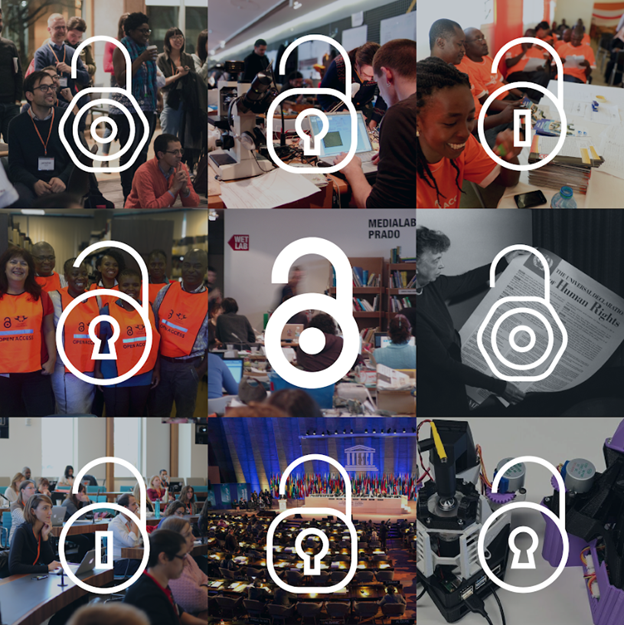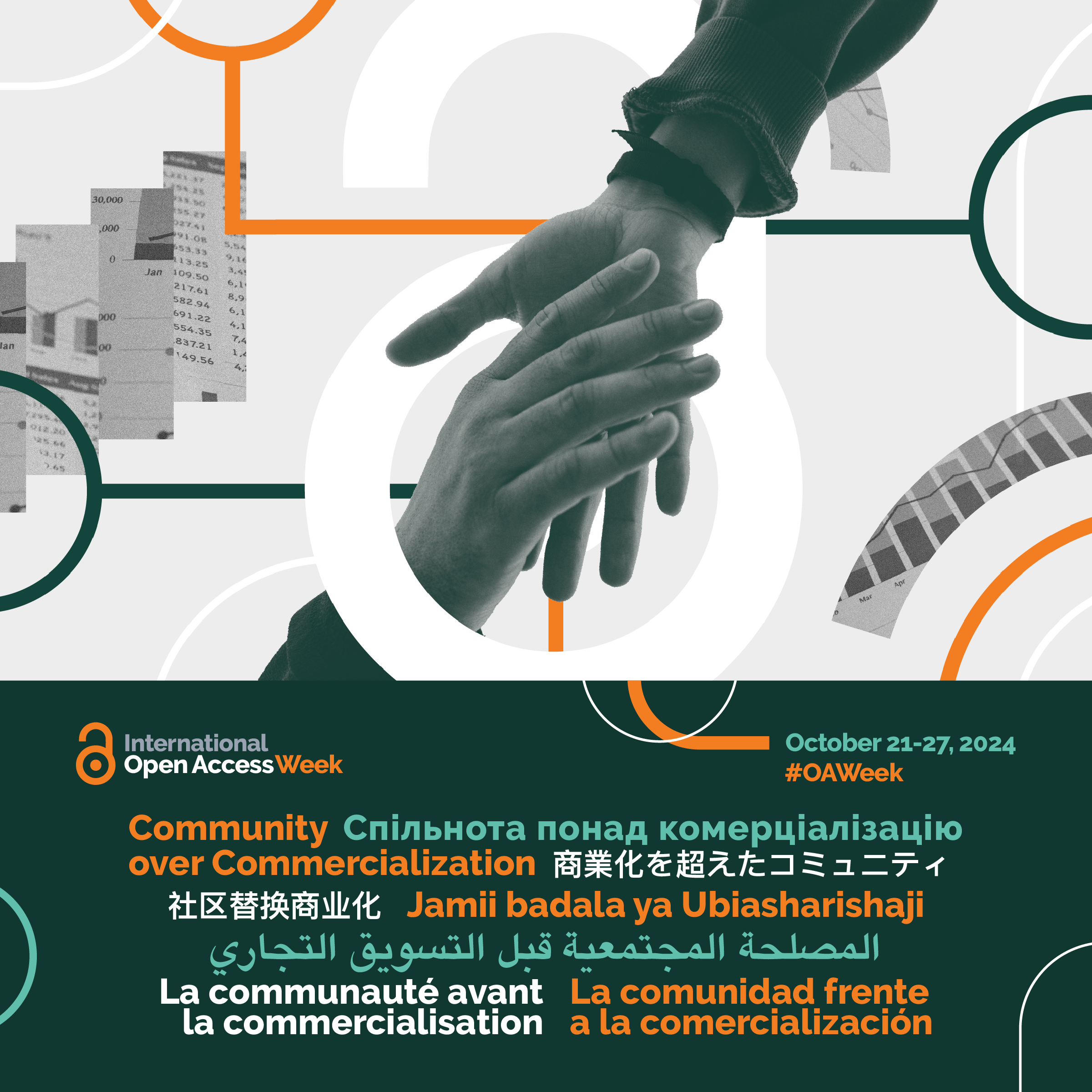
Open Access (OA) publishing continues to reshape long-held paradigms surrounding the dissemination of scholarly writing. Understanding the altruistic goals and potential benefits of OA, while remaining mindful of the challenges and barriers it may present, is key to the movement’s long-term success.

Open Access Week 2024
Open Access Week—a global event held each October—provides an ideal opportunity for the thoughtful exchange of ideas on OA and its related topics. This year, the event takes place from October 21–27 with the theme “Community Over Commercialization,” calling for a focus on “prioritizing approaches to open scholarship that serve the best interests of the public and the academic community.”

OA: A Brief History
The history of OA extends back to the late 1990s. At that time, university libraries struggled to keep up with the rising costs of subscribing to scholarly publications. Meanwhile, the Internet was rapidly expanding and revolutionizing the distribution of information. The convergence of these dynamics led to calls for researchers to share their articles through online archives. Soon after, free online scholarly journals emerged, and the concept of OA began to take shape. By the early 2000s, the academic community in Europe had developed a formal definition of OA, and the Public Library of Science (PLOS) was launched. Today, OA is an international movement in publishing that “aims to offer freely available, fully accessible academic information only.”
OA: Undeniable Benefits
The benefits of OA are far-reaching and serve a global “greater good.” Through OA, anyone who can benefit from a piece of research—from students to physicians to policymakers—can access it without financial constraints. This accessibility has the potential to create profound, positive impacts worldwide in areas such as healthcare and government policy. Additionally, this broad exposure helps increase the value and citation impact of researchers’ work.

OA: Challenges Ahead
While the inherent value of OA publishing is clear, the movement does present challenges for researchers, particularly in financial terms. Under traditional publishing models, the costs associated with making scholarly content available are borne by the publisher and ultimately paid by the reader through subscription fees. With OA, however, those costs are transferred to authors in the form of Article Processing Chargers (APCs). These fees, assessed by OA journals, cover peer review, editorial work, and quality control, ensuring that published research meets high standards.
Fortunately, authors can seek financial support for APCs through grants, fellowships, universities, research facilities, or professional associations. Many OA publishers also offer discounts to authors from low-income countries or those facing financial challenges.

Final Thoughts
At eContent Pro, we are committed to fostering a deeper understanding of the publishing landscape within the academic community. In our OA-focused webinar, we honor the spirit of Open Access Week by facilitating dialogue, insight, and collaboration among researchers, educators, publishers, and all stakeholders interested in the future of academic publishing. Together, we can ensure that the future of OA is sustainable and accessible for researchers worldwide.
About eContent Pro
Based in Hershey, Pennsylvania, USA, eContent Pro offers high-quality end-to-end editorial and publishing services, ensuring seamless workflows through the eContent Pro Business Enterprise Management System (BEMS), fast turnaround times, competitive pricing, and exceptional customer service. Since 1994, we have supported commercial publishers, university/library presses, organizations, and societies by streamlining their publishing workflow with innovative publishing solutions.